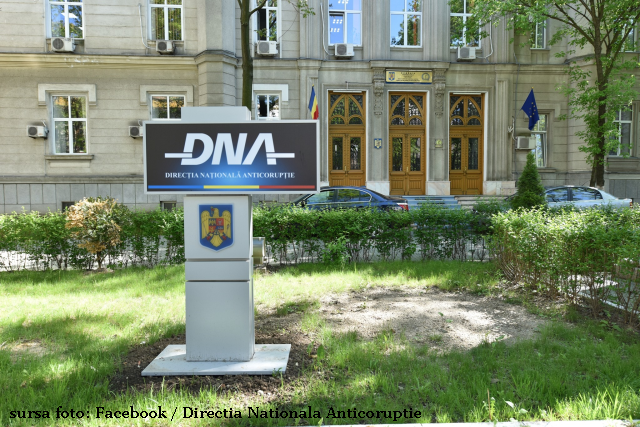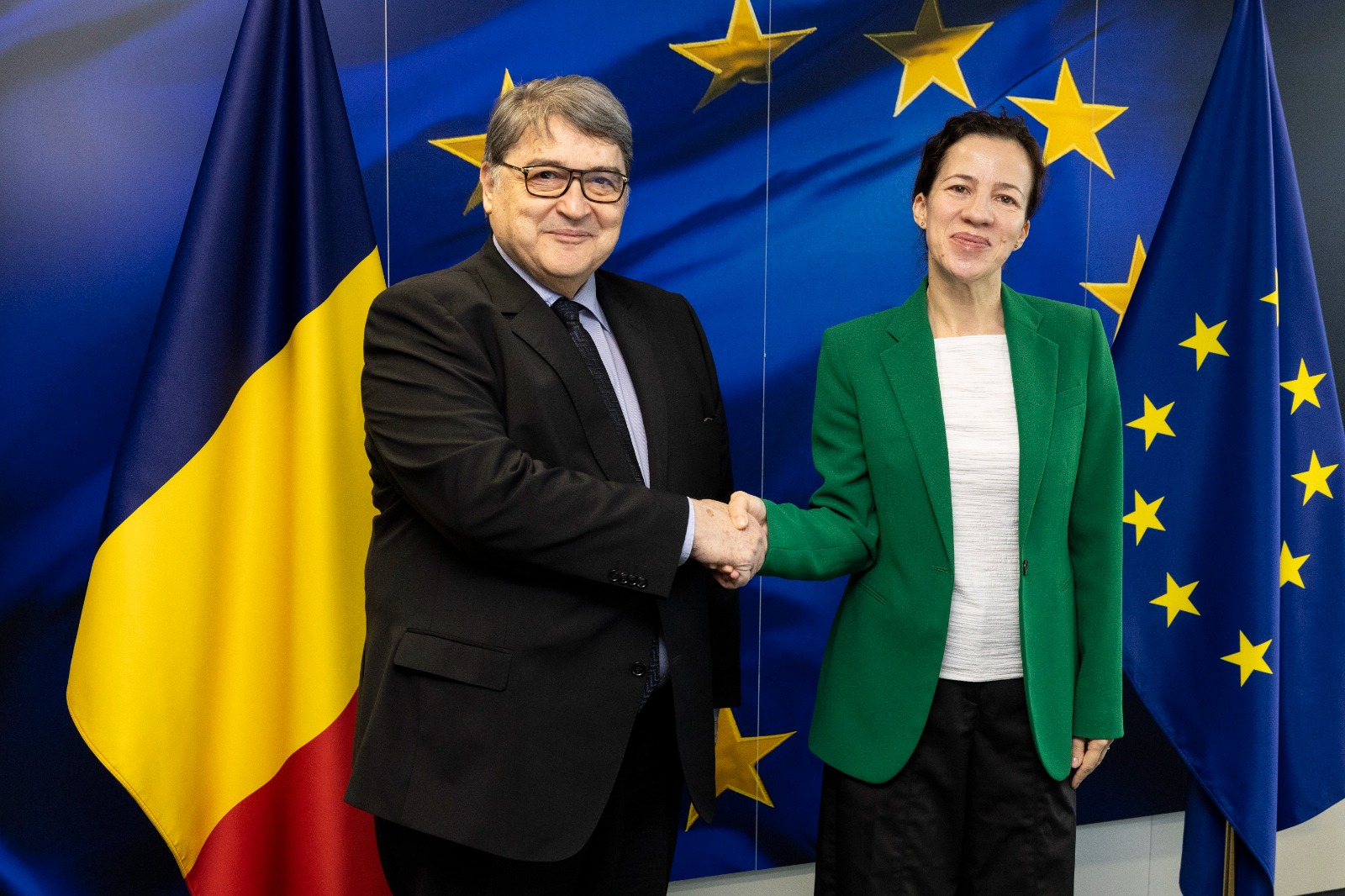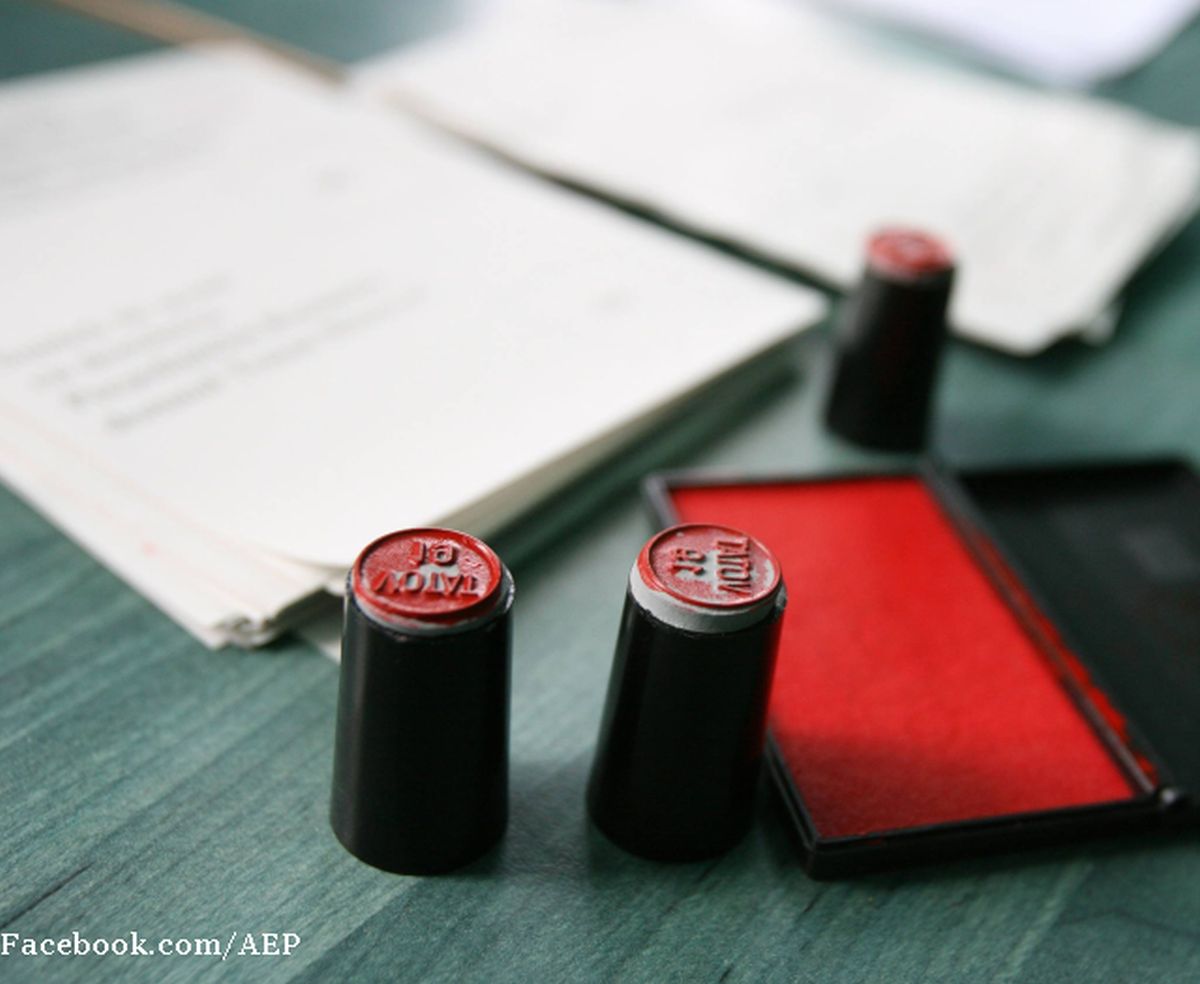Corruption in the time of pandemic
The coronavirus pandemic has deepened corruption in Romania.

Daniela Budu, 21.12.2021, 13:50
The pandemic has fuelled corruption in Romania and money did not always go into the healthcare system as it should have, anti-graft prosecutors say. The National Anti-Corruption Directorate (DNA) has announced that since the onset of the pandemic, two years ago, it has opened 168 criminal cases for pandemic-related crimes or fictional vaccination. Prosecutors say Romania opened the most extensive investigation in the EU, when 3 thousand green certificates were issued by corrupt medical staff at Petea check point, in the north-west of the country. Only half of the investigations opened last year are still under work. 8 files with 22 defendants have been sent to trial. Among them is Ionel Eugen Adrian, the head of the Unifarm national pharmaceutical company, who had demanded, according to prosecutors, over 700,000 euros for a contract with a private company, for millions of counterfeit surgical masks and tens of thousands of hazmat suits.
Crin Bologa, anti-corruption chief prosecutor: “Corruption prospers at times of crisis. Against this background, we have many cases under work, involving purchases made during the pandemic. In 2020 and 2021 we have had more than 160 cases related to the epidemiological situation. 88 cases are under work and 68 people are indicted. “According to Bologa, medical equipment and face masks were brought during the pandemic from Turkey, China and other countries. Authorities are now trying to find out how counterfeit materials were purchased at huge prices, without any procedures being followed. On the occasion of the International Anti-Corruption Day, marked on December 9, Crin Bologa said that the activity of the anti-corruption directorate has been seriously affected and rendered more difficult by the fact that justice laws in Romania have not been corrected yet. This happens in spite of the fact that the European Commission has repeatedly called on Romania to intensify the fight against corruption. Moreover, since its EU accession in 2007, the Commission monitored justice reform in the country through the Cooperation and Verification Mechanism.
In summer, Transparency International recommended national governments and EU institutions to “redouble their efforts to ensure a fair and equitable recovery from the ongoing pandemic. ” Transparency International has warned that medical assistance was particularly affected by corruption and the frequency of bribe in the healthcare system is highest in Romania and Bulgaria. (EE)






























